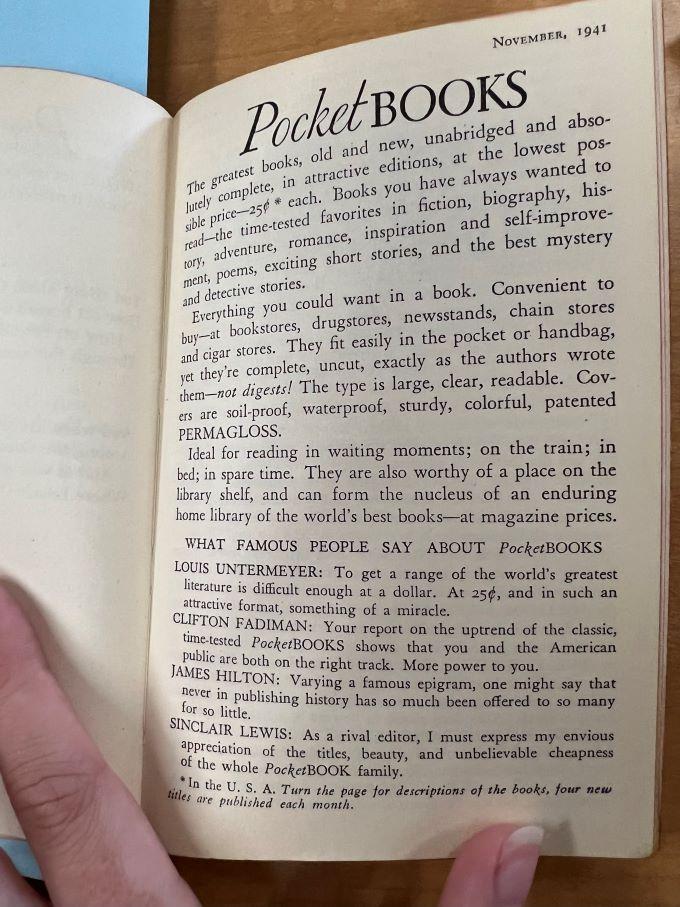Orientalism is the objectification of the characteristics, traditions and cultures of Asia, especially the Middle East as discussed by Barbara Black’s On Exhibit.This manifests in a misrepresentation of cultures and a fetishization of foreign people and cultures in the colonial west. A historical feature of this manifestation is the Rubáiyát of Omar Khayyám and the tendency for the English translation to be distributed as a gift book in western culture. Edward Fitzgerald became fascinated with Persian culture and took it upon himself to translate the Rubáiyát of Omar Khayyám on five separate occasions, the first and fifth being included in my archive version of the text, from 1941. “Fitzgerald’s most extensive renovation involved reconstituting what he considered Khayyám's fragment into a westernized whole,” Black argues that Fitzgerald took advantage of translation authorship and perpetuated Orientalism in western cultures (Black 54). My edition of the text reinforces this Orientalist ideas and problematic erasure of the original text’s culture.
Fitzgerald’s goals are inseparable from “it's pretty, crafted, possessable diminutiveness. Khayyám’s verse remains entrenched in the categorically Oriental, in the land of seers and Eastern serenity,” (Black 61). The idea of romanticing the translation of a text along with gifting the new ideas adds some Orientalist elements to the intentions. The 1941 pocket book edition from the OSU library opens with an advertisement for the publishers of the book (Image 1). This page utilizes “What Famous People Say About PocketBooks” and lists a number of American authors that speak highly of the publishing company. This objectifies the origins of the Rubáiyát and turns the pocket book into an advertisement, under the guise of literacy prestige. Gift books accentuate the novelty of collecting, and according to the advertisements for the publishing company, a collection is highly recommended. This idea objectifies Middle Eastern culture for capitalist gain, and diminishes the significance of the poetry.
Similarly, the introduction of my archival book is done by Louis Untermeyer, an American poet that speaks mostly of Fitzgerald’s translation in this section than the original collection of Rubái Omar Khayyám might’ve worked on. The erasure of the roots in Persian culture does a disservice to the text and inaccurately portrays the Middle East by introducing the poem in western terms and perspectives. Untermeyer's focus on Fitzgerald's prestige with this translation reinforces Orientalist ideas, that the foreign can be borrowed but it's not required to be honored properly.Khayyám's original goals and ideas are lost in this introduction to the translated text, where it could have easily been explained instead of inflating Fitzgerald’s authorship of the borrowed text. The power dynamic is skewed by the introduction, Fitzgerald is credited with much of the Rubáiyát though a counterpoint is present in the meaning of the text. “We may argue about the meaning, but we are indisputably compelled and even convinced by the music,” Untermeyer recommends you ignore the origins of the text and find your own meaning in the translation (Image 2). This would be considered problematic in our postcolonial society, as the white man has reaped much of the benefits of the Middle Eastern Rubai.
The authorship of the footnotes throughout the text are a mystery to me but I do believe they reinforce western ideals a lot of the time. Christian ideals are brought into the text that are not necessarily present without the footnotes. Image 3, attributes Fitzgerald’s translation of stanza XLII line 2 “an Angel Shape,” in the footnote to Azrael, an angel of death in most Abrahamic religions (Fitzgerald 84). Azrael specifically is not necessarily mentioned in this section of the text, which I believe diminishes the legitimacy of the footnotes and their unknown origins. The illustration for this stanza is accurate to the depiction in the text, though the footnote strays with its assumptions. Taking liberties with the culture and its features, “exposes the kinship for Fitzgerald among aesthetics, aggression and transgression,” as well as the author behind the footnotes (Black 58). This exemplifies the Orientalist qualities of this kind of gift book in particular, through the erasure of understanding and backgrounds that are necessary for western readers to fully grasp the different culture. The collectible pocketbook aspect of this edition perpetuates and encourages Orientalist ideas that objectify Persian culture.
Black, Barbara J. On Exhibit: Victorians and Their Museums. University Press of Virginia, 2000.




